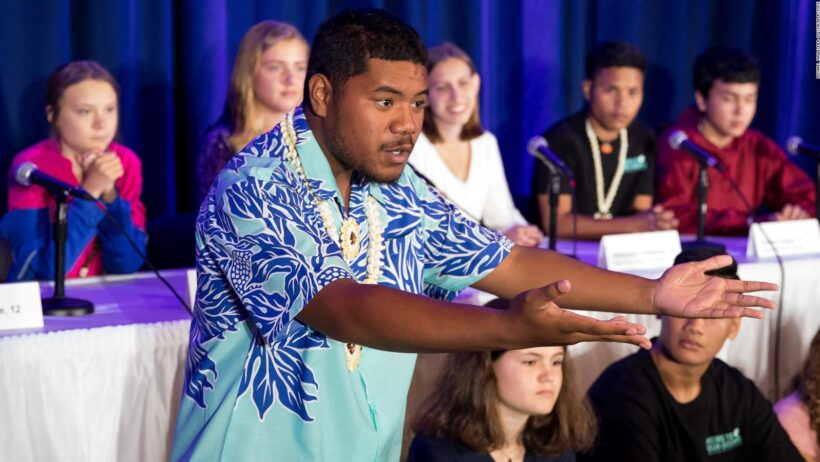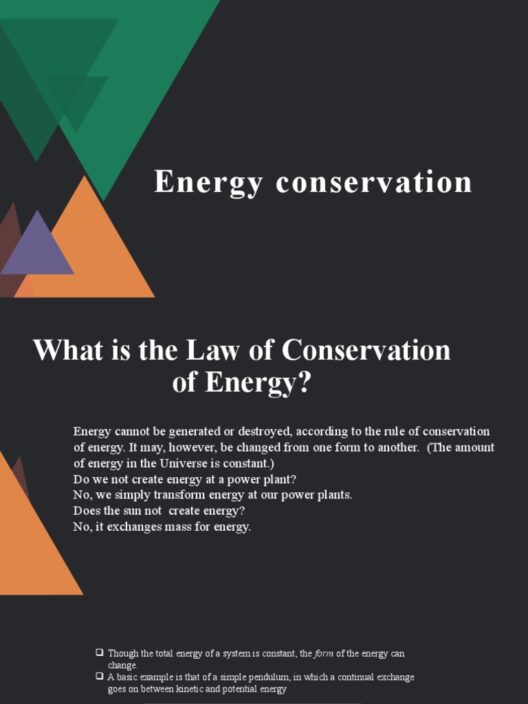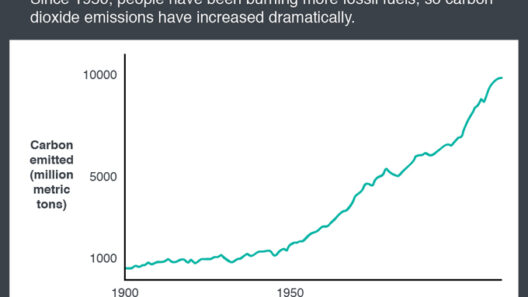The question often arises: do younger generations actually care more about global warming? This inquiry is not merely academic; it beckons a profound exploration of attitudes, values, and actions regarding climate change. As the planet continues to grapple with unprecedented environmental challenges, the youth’s perspective may offer insightful revelations. Yet, an essential challenge presents itself: can we quantify concern and translate passion into tangible results?
First, it is crucial to acknowledge the fervent outcry for climate action emerging from younger demographics. Youth-led movements, such as Fridays for Future and Sunrise Movement, have galvanized millions around the globe. These initiatives spotlight the issue of climate change with remarkable vigor, driven by an unyielding belief in the necessity of immediate action. Armed with social media, young activists leverage their platforms to disseminate information, mobilize their peers, and challenge those wielding power. The visibility of these efforts raises a significant question: is heightened awareness synonymous with a deeper concern for the environment?
Intriguingly, studies indicate that younger people often express stronger anxiety about climate change compared to older cohorts. Surveys conducted by various organizations reveal that Gen Z and millennials perceive climate change as a paramount issue, placing it at the forefront of their choosing paradigms. This is evident in election rhetoric and voting preferences, where candidates’ climate policies increasingly influence youth engagement. However, does mere concern translate into proactive behaviors or lifestyle changes? The challenge lies in assessing not only sentiments but also the efficacy of these efforts in fostering sustainable practices.
Furthermore, the educational landscape surrounding climate change has dramatically evolved. Current curricula often prioritize environmental sciences and the social implications of climate altercations. Young individuals are more likely to be educated on the intricacies of carbon footprints, renewable energy sources, and ecological preservation than previous generations. This educational advantage undoubtedly amplifies their awareness, but awareness must be complemented by action. Are younger generations equipped to transition their knowledge into pragmatic solutions?
Public sentiment alone does not equate to political will. While the youth’s preoccupation with climate change is evident, systemic barriers often impede substantial progress. Institutional inertia and conflicting interests sometimes thwart bold initiatives. Young activists grapple with entrenched systems, where adroit negotiations and compromise become necessary to effectuate change. The playful question now arises: how can the passion of youth be harnessed effectively to dismantle these barriers?
Moreover, the intersectionality of climate change demands attention. Issues of inequality exacerbate the consequences of environmental degradation. Marginalized communities often face the brunt of climate impacts, underscoring the importance of inclusive dialogue in climate activism. Young advocates are increasingly aware of these dynamics, recognizing that prioritizing equity within environmental movements fortifies their efficacy. The challenge, then, is to cultivate a climate narrative that embraces all voices—how can youth and their allies ensure that everyone is represented in the climate conversation?
Critical examination reveals that while younger generations manifest sincere concern for global warming, several complexities intertwine with their motivations. Economic insecurities and existential threats can lead to climate fatigue. The daunting nature of climate change may evoke feelings of helplessness rather than empowerment. How do we convert these burdens into actionable solutions? Perhaps mindfulness and resilience practices are pivotal for maintaining momentum in advocacy and personal lifestyle changes. Establishing a balance between awareness and action is imperative for sustaining engagement.
There is also a noticeable yearning for innovation among young people. The technology sector flourishes with venture capital steadily pouring into sustainable initiatives—solar-powered applications, carbon capture technologies, and biodegradable materials. Young entrepreneurs, motivated by the urgent need for sustainable solutions, are pushing the boundaries of what is possible. Yet, how can their innovations be scaled to maximize impact? The challenge lies in bridging traditional industries with pioneering technologies, creating a symbiotic relationship between old and new paradigms.
Many younger individuals are redefining what it means to be environmentally responsible. Beyond classic approaches of recycling and conservation, there is a growing embrace of minimalism, plant-based diets, and a demand for transparency in corporate practices. This shift in consumerism presents a radical departure from generations past, where convenience reigned supreme. The playful question remains: can these lifestyle choices significantly sway market trends to align more closely with sustainability? As the market adjusts to evolving consumer preferences, a seismic shift in production methods is conceivable.
Ultimately, while it is plausible to argue that younger generations exhibit heightened concern for global warming, this concern must be paired with actionable initiatives. As they take bold strides in activism, education, and innovation, it is vital to ensure this energy translates into systemic changes. The future of the planet depends on not just their passion, but their ability to navigate the multifaceted labyrinth of climate issues. Embracing this challenge requires collaboration, creativity, and an unwavering commitment to cultivating a more sustainable world. The journey may be fraught with complexities, but only through persistence and unity can younger generations face the formidable task ahead, transforming concern into a powerful catalyst for change.







